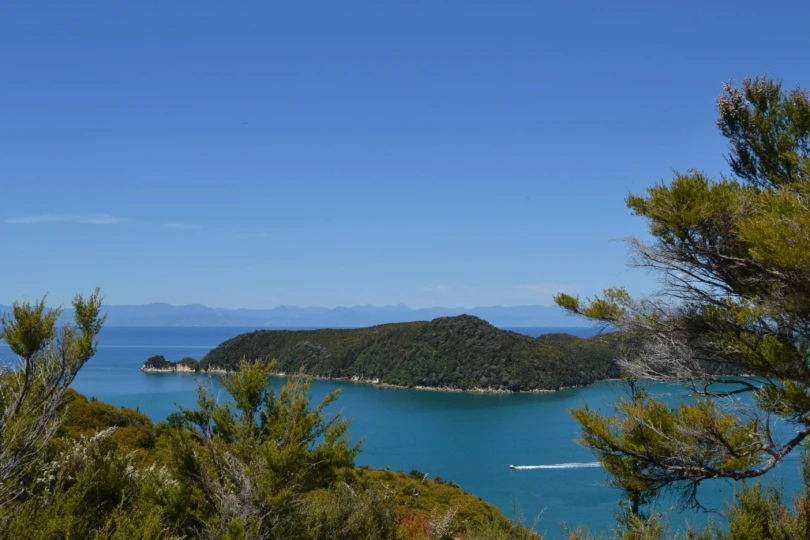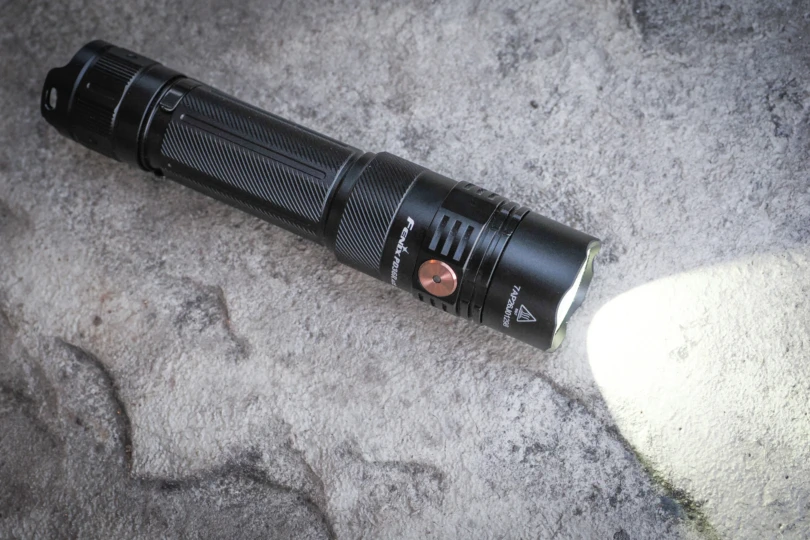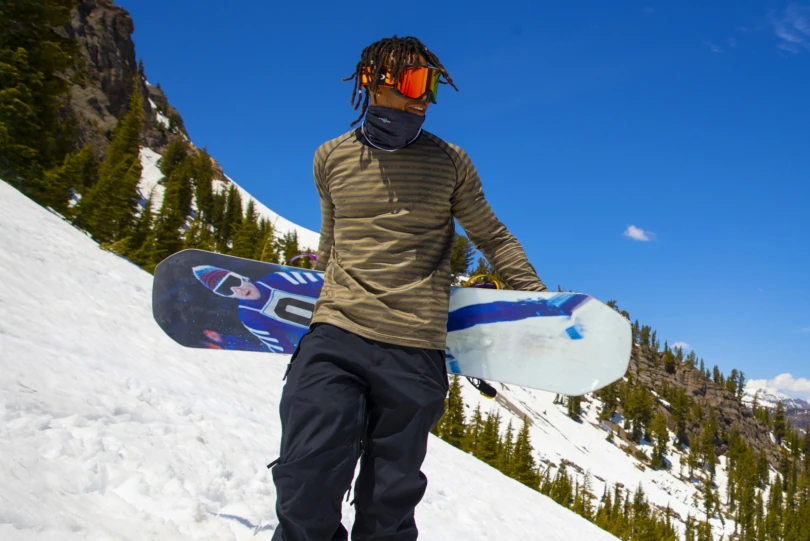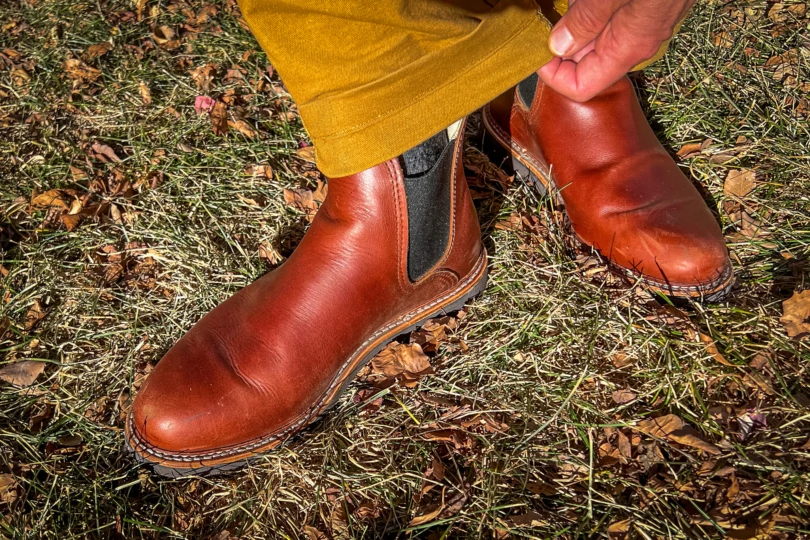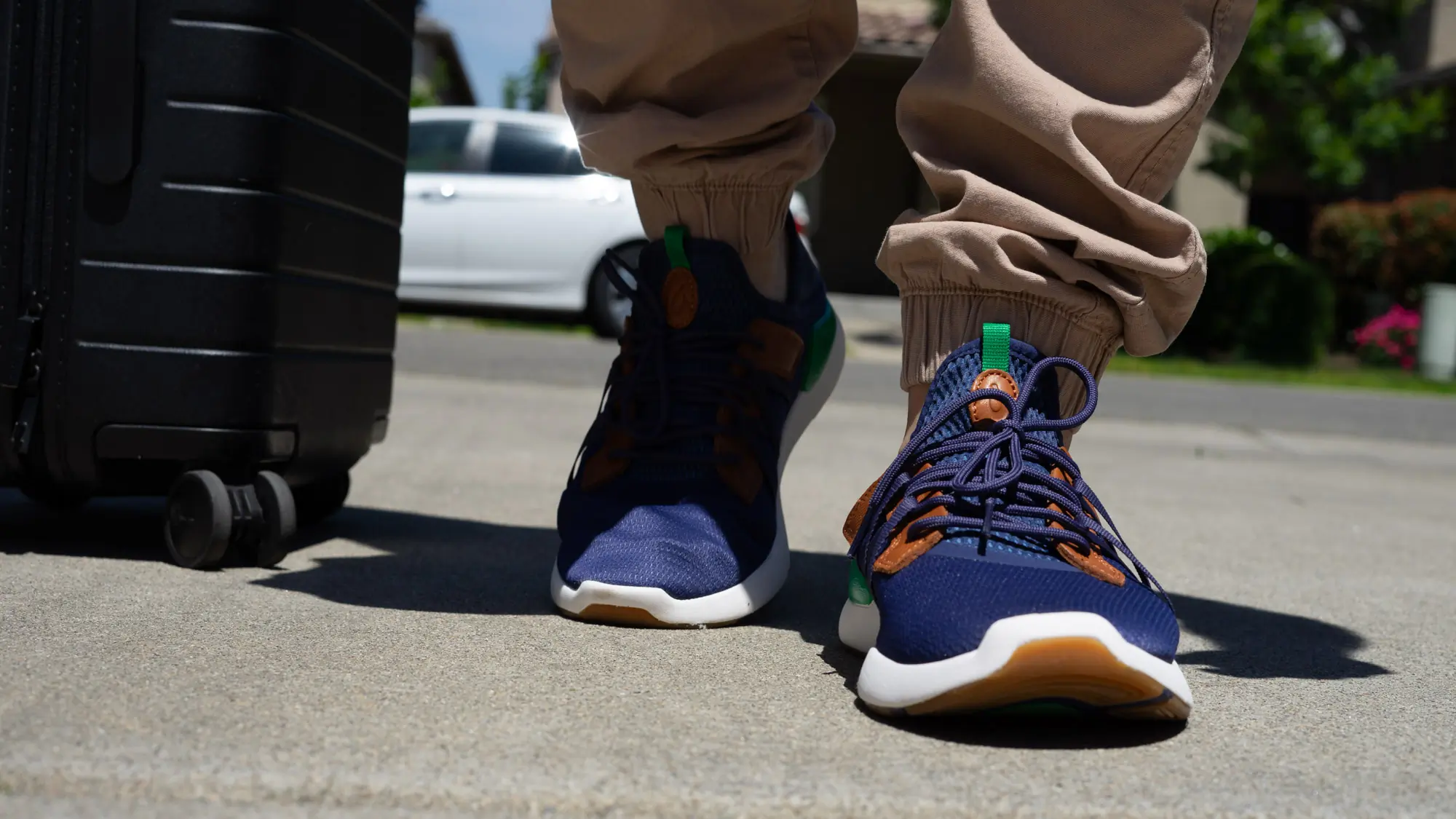REI dips its toe into the footwear game this spring with its first line of hiking boots. We tested two models — the waterproof Traverse and the lightweight Flash — to see how they fare.
REI Co-op, started in 1938, already makes its own line of backpacks, tents, and apparel. But now it’s moved on to a whole new product frontier: footwear.
REI’s goal for its first big footwear campaign was to create “go-to, get-out trail shoes with a lighter footprint.” That means classic, sturdy boots for hiking and lighter-weight hikers for other trail and backpacking endeavors.
And with the “lighter footprint” idea, REI made sure to hit some big notes of sustainability throughout the line. On these boots, that includes recycled content in the laces, knit upper, and footbed, with Bluesign-approved materials.
Since last fall, two of our editors have tested both beta and production samples of REI’s two initial boot launches. (And you guessed it, there will be more shoes to come in 2021.) But we’ll start with our take on the REI Traverse and Flash Hiking Boots.
REI Traverse Boot Review

These boots were made for walking, and that’s just what they’ll do. REI’s Traverse Hiking Boot ($150) is stiff, solid, and sturdy — ready to tackle rough hiking trails. We tested this boot in all kinds of weather, on-trail terrain, and trail difficulty levels. It held up great.
REI Traverse Boot Specs
Construction
For a first boot model, REI definitely took sustainability and recycle material into consideration. But it also made sure the boot would function as it should — durably.
From the first beta sample to final production, REI actually switched its lacing hooks from recycled metal (aluminum) to a non-recycled metal to prevent wear and breakage (which we experienced in testing the beta sample). It was comforting to hear that while sustainability is a factor in REI’s footwear development and design, it doesn’t rank first. Comfort and solid construction are above all else.
Impressions
For a waterproof hiker, the Traverse was roomy and comfortable out of the box. After about 30-40 miles, the membrane still works as advertised and is surprisingly breathable in testing up to about 65 degrees Fahrenheit.
It has also kept feet warm throughout winter. On one particular winter hike, we pushed these boots to the limits in terms of distance, elements, and trail: a 10-mile winter hike over a frozen trail, packed snow, iced-over stream crossings, and more. We even tested the boots with microspikes to see how they fit and feel together.
These were great for mid-length to longer day hikes or overnight summer backpacking trips if you don’t mind the weight. They should handle rough trails with aplomb. They’ll find their limit at heavy off-trail use; these aren’t cut out for multiday winter camping, heavy off-trail bushwhacking, or mountaineering.
My favorite aspect of this boot would have to be the traction. The 5mm lugs and grippy outsole definitely reinforces this boot’s sturdy feel and make it a great choice for looser or more technical trails.
REI’s two hiking boot models have vastly different designs and purposes, but if I had to pick, the Traverse boot took the cake for me. They are comfortable, really waterproof, budget-friendly, and a damn good pair of boots overall.
Pros:
- Great waterproofing
- Firm fit and great traction
- Strong ankle support
- I received lots of compliments on the color
Cons:
- A little stiff, could have more flex
The Traverse (and Flash) boots come in the following sizes: men’s 8-14 and women’s 6-11.
REI Flash Hiking Boot Review

For extra breathability on summer hikes and a softer, more shoe-like feel, REI has its Flash Hiking Boot ($130) model. Not unlike the Co-op’s Flash line of packs, which offer airier, less cumbersome options compared to Traverse packs, these boots maintain some key features but strip away the excess.
REI Flash Boot Specs
Construction
The Flash boot is noticeably lighter than the Traverse boot, but with many of the same components. The upper uses REI’s FirmaKnit construction (the same upper material as in the Traverse). As expected, the knit construction feels more air-permeable and offers greater fore and lateral flex than the mostly waterproof upper on the Traverse.
The other major difference is a lightweight nylon shank versus the burlier shank in the Traverse. And the boot still carries the co-op’s HydroWall waterproof membrane.
Anti-slip rubber graces the sole, dotted with 4mm lugs in front and back for grip and braking on the trail. A modest midsole — made from 10% Bloom algae — targets a compromise between cushy comfort and responsive trail feel. And for extra rock-kicking protection, a nylon shank with TPU overlay wraps the boot.
And living up to the name, the Flash weighs just over a pound per boot (2.2 pounds per pair for our men’s pair, size 13).
Impressions
Where the Traverse felt like a bomber foot fortress, the Flash feels more like a cocoon for your feet. Even so, the Flash beat back the slush and such — and the grip was solid. I don’t have especially wide feet (always wear shoes in standard widths), but I immediately noticed how the Flash hugged my forefoot. This is not an unpleasant fit, as it exemplifies the “sock-like” feel REI advertises and imparts a measure of confidence for uneven terrain.
However, that same foot hug didn’t feel as comfortable covering my ankle bones. On my initial hike, I noticed some hot spots forming after about 3.5-4 miles. And while any good hiker should hit its stride after a short break-in period, I’m not sure how much more this flexible knit upper will break — it’s already plenty pliable.

However, REI told us that other testers noted the same hot spot and said the final production models hitting shelves in April will address this issue. (Again, we were testing early samples.)
But that hot spot is about the only real knock I had for the Flash. For such a breathable, soft boot, it provided remarkably solid protection from slush, puddles, and drizzle. Nothing soaked through. That said, I would advise jumping over small streams rather than splashing through them.
And the combination of REI’s lug pattern and TerraGrip rubber lent excellent traction on my test hikes. Even going up some of the Front Range’s still-snowy trails, the boots dug in beautifully — both propelling me on the up and stopping me on the down.
As a lighter boot, the Flash should handle most any trail for a day hike and is certainly capable of overnight backpacking trips. Consider it a step up in coverage, stability, protection, and weight compared with trail running shoes.
Pros:
- Lightweight (2-2.2 lbs./pair)
- Breathable
- Great water resistance for light hikers
- Great traction
Cons:
- Hot spots on the ankle
- Snug fit on the forefoot (may be an issue for some)


